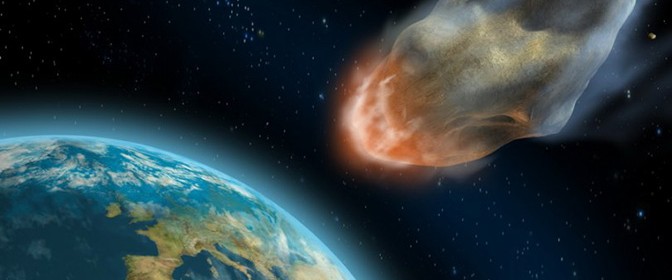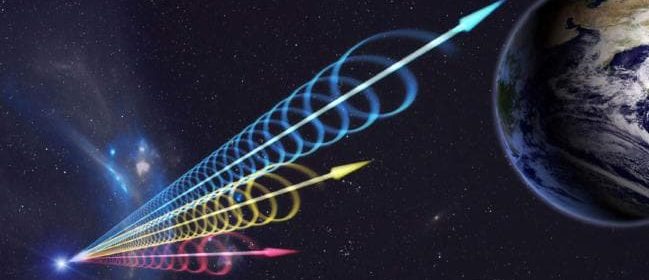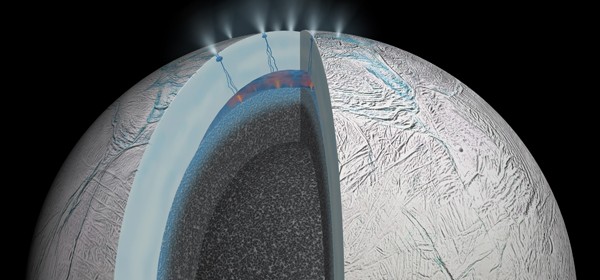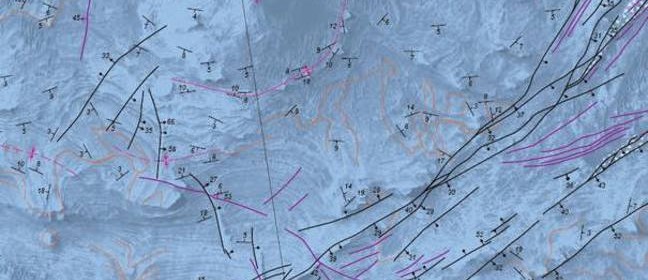NASA: Sea Level Rise Accelerating

NASA has released new images showing global sea level rise. The agency’s scientists say sea level rise accelerating four inches in the last two decades is definite cause for concern. (Aug. 27) Video provided by AP Source: AP / Powered by NewsLook.com
Read more








